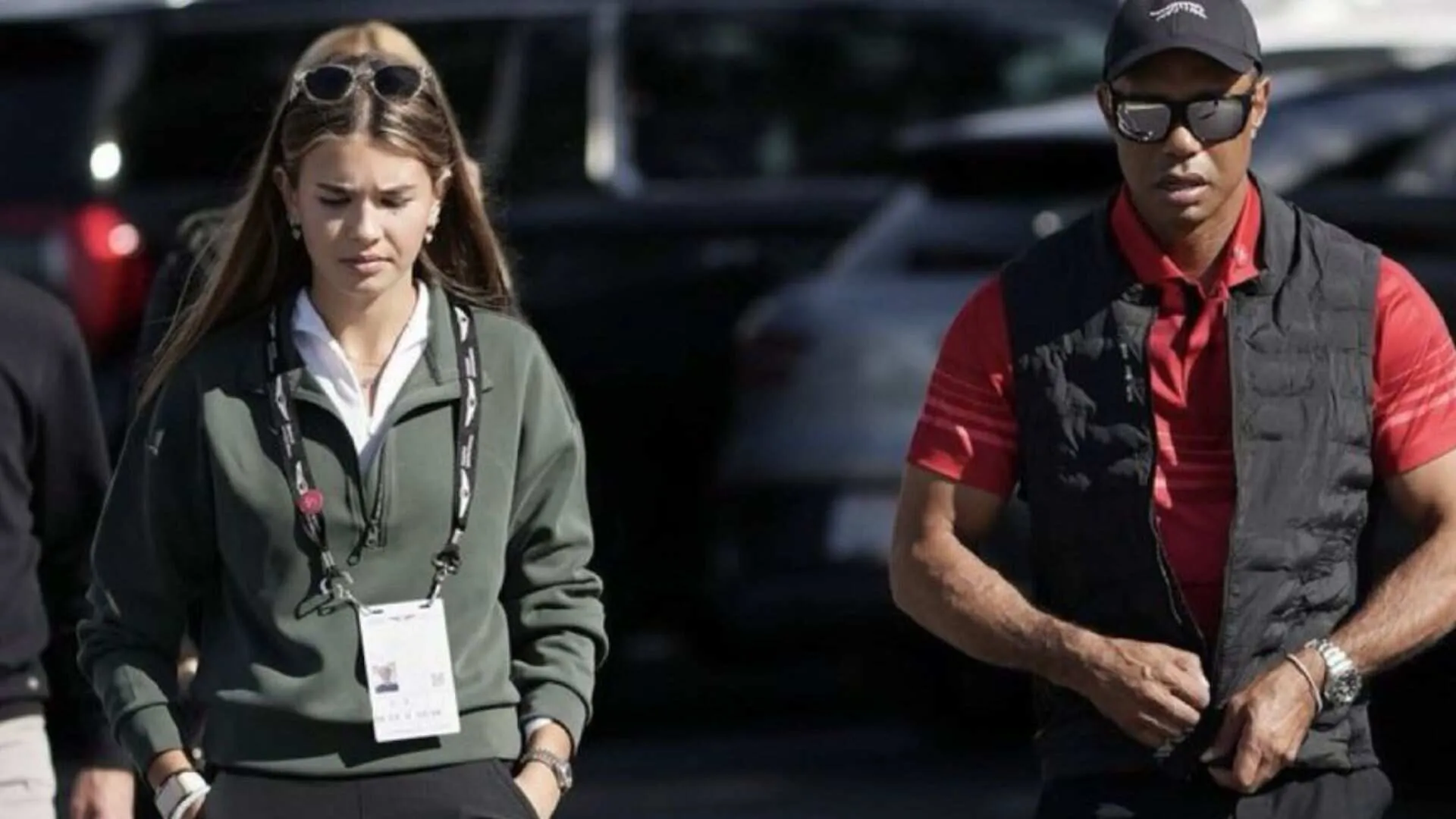MOSCOW: Russian President Vladimir Putin on Tuesday approved an updated nuclear doctrine that positions any conventional attack on Russia, when supported by a nuclear-armed ally, as a joint assault on the country.
This change comes amid heightened concerns over Western involvement in the Ukraine conflict, with Kremlin officials citing the doctrine as a necessary response to recent U.S. military support for Ukraine.
According to the official document published on the government website, the revised policy stresses Moscow’s intent to protect its national security as Western nations expand military backing to Kyiv.
Kremlin spokesperson Dmitry Peskov told TASS that these revisions “have already been practically formulated” and will “be formalised as necessary.” Peskov highlighted Moscow’s unease following Washington’s approval for Ukraine to use U.S.-supplied missiles against Russian military targets.
“They [the changes] have already been practically formulated. They will be formalised as necessary,” Peskov said.
The Kremlin responded to reports that Ukraine may use U.S.-supplied ATACMS missiles in Russia’s Kursk region, with assurances that “our military is monitoring the situation very closely.” In response to concerns that Russia might initiate nuclear action, the Kremlin reiterated its position: “Russia has always viewed nuclear weapons as a means of deterrence, an extreme measure,” intended only for the most severe circumstances.
This policy update follows the Biden administration’s decision to grant Ukraine access to American missiles for long-range strikes on Russian positions, which Moscow condemned as a “reckless” move that could dangerously escalate the conflict. The Kremlin has vowed to respond to what it views as a direct provocation.
In comments made in September, Putin had warned that any Western endorsement of Ukraine’s use of long-range missiles would mean “the direct involvement of NATO countries, the United States, and European countries in the war in Ukraine,” noting the reliance on NATO’s military personnel and targeting infrastructure.
The U.S. decision to support these Ukrainian strikes comes after months of appeals from President Volodymyr Zelensky, who has argued for additional firepower to strike Russian targets within his country’s borders. According to reports, Washington’s shift in policy was also driven by concerns over North Korean troops recently deployed to bolster Russian forces, a development that has raised alarms in both Washington and Kyiv.
The Kremlin’s revised nuclear policy was finalised just weeks ahead of the November U.S. presidential election, further escalating tensions in a conflict that many analysts see as the most dangerous standoff between Moscow and the West since the 1962 Cuban Missile Crisis.
On Tuesday, Peskov indicated that while Russia is open to improving relations with the United States, mutual cooperation is essential. “We are ready to normalise ties with Washington,” he said. “But we cannot tango alone, and we are not going to do it.”






















